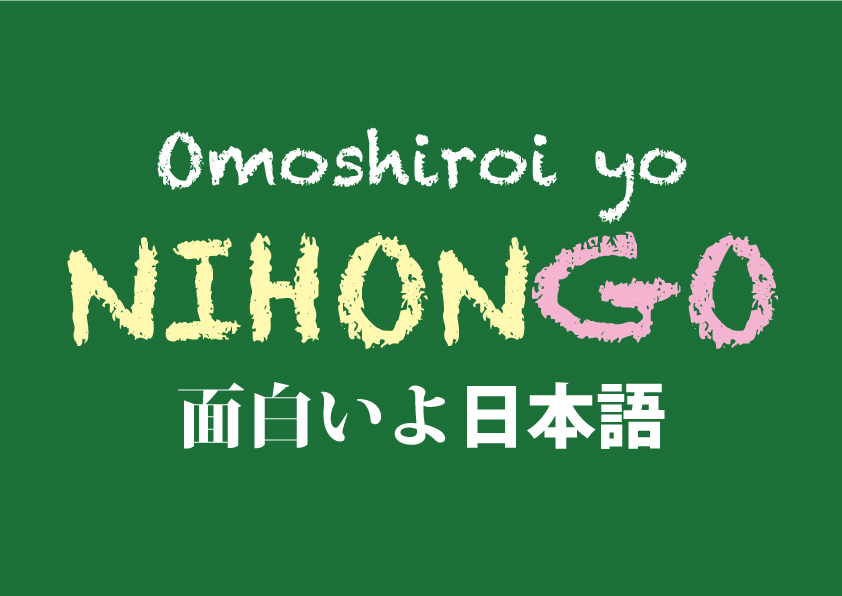
Welcome once again, to the fascinating world of the Japanese language.
The Japanese like to shorten words and sentences so much that in many cases all that is left at the end are a few letters or fragments of words.
Japanese word / phrase of the month
Konkatsu (婚活) and Shuukatsu (就活)
First, lets take a look at 婚活 “konkatsu”. This is the shortened form of the Japanese words 結婚活動 “kekkon katsudou”, “kekkon” meaning marriage and “katsudou” meaning activities. The simplest translation for “konkatsu” would probably be “marriage partner hunting”, but this most likely wouldn’t do its justice. Unless explained in detail, the nuance would not be the same. A person who is “doing konkatsu” is actively living in a way to attract/search for a partner to marry. The word 活 “katsu” can mean “living one’s life”, so the concept is not simply searching for a marriage partner, but also includes changing ones lifestyle and habits to be a more appealing marriage prospect oneself. Konkatsu is usually a noun but it can be a verb if you put the word する “suru” after it. Example: 彼女は結婚がしたくて、最近「婚活」に一生懸命だよ。 (Kanojo wa kekkon ga shitakute, saikin konkatsu ni isshoukenmei da yo.) She really wants to marry so lately she puts all of her effort into partner hunting. “This month’s other phrase; 就活 “shuukatsu” comes from the words 就職活動 “shuushoku katsudou”. “Shuushoku” means employment and “katsudou” is the same as in the first phrase, so 就活 “shuukatsu” as a noun would be job hunting, and can also take “suru” to become a verb. Before a student is about to graduate from university, he or she starts “shuukatsu” right away and puts a lot of effort into being successful in it.
Example:
彼は大学を卒業したので、いま「就活」をしているよ。
(Kare wa daigaku wo sotsugyoushitanode, ima shuukatsu wo shiteiru yo.)
He graduated from university so he is searching for a job now.
